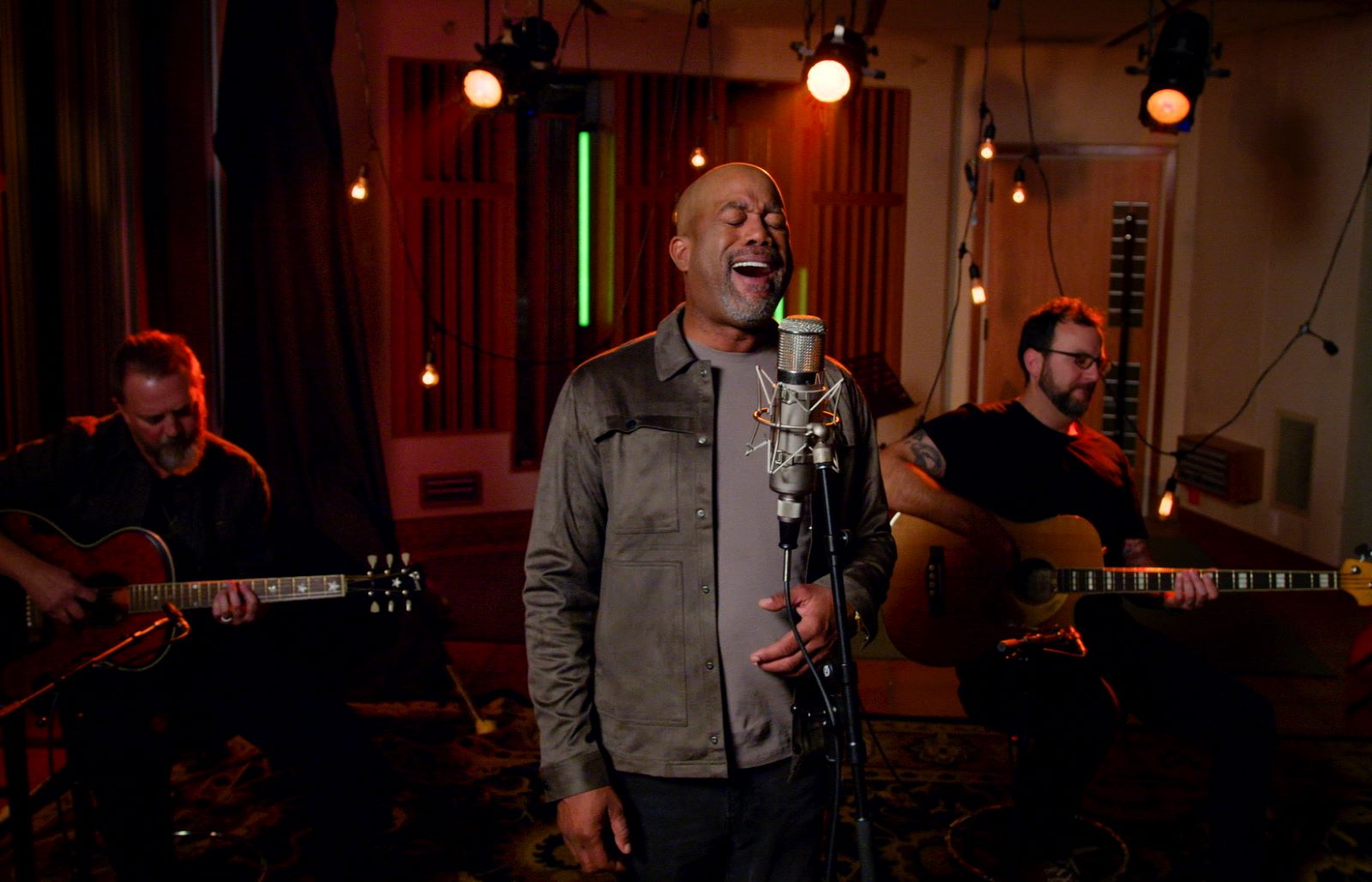Reinventing Elvis: The ’68 Comeback
(USA, 96 min.)
Dir. John Scheinfeld
Few artists have managed to reach the highs of Elvis Presley — then again, few artists have also managed to hit the lows of Elvis Presley. A singer who went away and returned triumphantly on multiple occasions, Reinventing Elvis: The ’68 Comeback details, arguably, his greatest re-emergence.
Directed by John Scheinfeld, Reinventing Elvis does a great job of contextualizing NBC’s Singer Presents…Elvis (now colloquially known as The ’68 Comeback Special). The US was fighting a war that was becoming more and more polarizing as the years went on and, subsequently, the political state of the country was exceptionally fraught. In the entertainment world, Elvis’s meteoric rise in the ’50s, which quite literally changed American society by using music to bridge cultures and attitudes, was almost all but forgotten. The Beatles landed in the US in 1964 and supplanted the “Jailhouse Rock” singer while he was plying his trade in Hollywood — a situation that was increasingly comical with each new release.
In a time in which winds of cultural change compelled artists to say something meaningful, the campier offerings of Harum Scarum and Spinout simply weren’t cutting it anymore. By 1966, it was clear that fans were outgrowing the cinematic Elvis Formula. Elvis himself was disengaged from the process as his dreams of being taken seriously as an actor (which, for the record, did start out promising with films like King Creole, Flaming Star, and Wild in the Country) were decidedly dashed. Without an ounce of hyperbole, this attempt to revive his music career by way of a television special was his make-or-break moment.
The opening moments of Reinventing Elvis recall a brief panic for the ’68 special’s director Steve Binder and the rest of the production team when Elvis’s nerves, the weight of the special, and his first live audience in nearly a decade threatened to take over just as he was due to arrive out on stage. Binder went into his dressing room and gave his a star a brief, but pointed, pep talk: He had to walk out there, even if just for a second. After writing down a laundry list of already agreed upon talking points, Binder left Elvis, praying that the black leather clad singer would scrounge up the courage.
Of course, Elvis did walk out onto that red and white boxing ring-like stage, and not only did he deliver one of his best performances, his artistry and charisma ushered in a new era of musical entertainment with the success of TV’s first unplugged segment. Beginning with this storied moment in The ’68 Comeback Special’s lore grants audiences the impression that the documentary’s focus is on the production of the special and the mindset of Elvis before (and presumably after) he made history. Interviews with Binder, the special’s writer Allan Blye, choreographer Jaime Rogers, and dancers who took part in the special all help shape this expectation.
Notably, the stories by those who were involved with the special are vibrantly brought to life with beautifully restored clips and photos of Elvis during the special, which are, unquestionably, the highlights of the film. Seeing Elvis burst through the creative rut he was in with a raw magnetism all to his own, there’s little doubt in our minds why The ’68 Comeback Special was not only successful in terms of reviving Elvis’ career, but why it has stood the test of time as a piece of music history.
For all that a documentary of this nature has inherently working for it, the pace of the film is disrupted by an overarching narrative wherein Binder, the story’s proclaimed “Hero,” goes head to head with “The Villain,” Colonel Tom Parker, Elvis’s now-much maligned manager whose business practices have drawn the ire of fans and music historians alike. As Reinventing Elvis moves through the different segments of the special offering behind the scenes anecdotes as well as taking the time to comment on the impression Elvis gave to those who worked with him, the film constantly returns to this tête-à-tête. Parker’s odd behaviour and intrusive managerial style have been debated and discussed endlessly in the years since Elvis’ passing in 1977, and to tell the story of The ’68 Comeback Special without including Parker’s nonsense would be incomplete, but to tell the story around his tomfoolery feels distracting.
Compounding this is the presence of author Alanna Nash who has written a number of books about Elvis, including a biography told through the eyes of the many women in his life, his entourage/hanger-ons known as the Memphis Mafia, and a biography about Parker. While Nash’s abilities as a writer are clear, her penchant for unsubstantiated and circumstantial stories steers the film towards salacious gossip, rather than the authority it should be.
Even with these interruptions, it’s hard to fully detract from the magic of Elvis Presley. Reinventing Elvis predictably ends just as The ‘68 Comeback Special concluded: Elvis in a white suit and red scarf belting out “If I Can Dream,” relinquishing the ghosts of his past and the country’s, and wishing for a brighter future for all.
In the nine years between this special and Presley’s passing, he lived a few lifetimes over. He reclaimed his throne as one of rock ‘n’ roll’s icons, had Las Vegas in the palm of his hands, and entertained every corner of America. Some sadly choose to remember Elvis as a caricature of himself in his final years when he was poorly fit and ill, but Reinventing Elvis holds him up at time when he sounded and looked better than anything we had seen or heard before or since.
There is a wealth of information to be mined from Reinventing Elvis, and viewers new to the Elvis story will find it to be a great starting point to understand the special’s significance and why it was necessary. For fans, it is also a welcome reminder why we unabashedly ride with him almost 50 years since he left the building for good.












